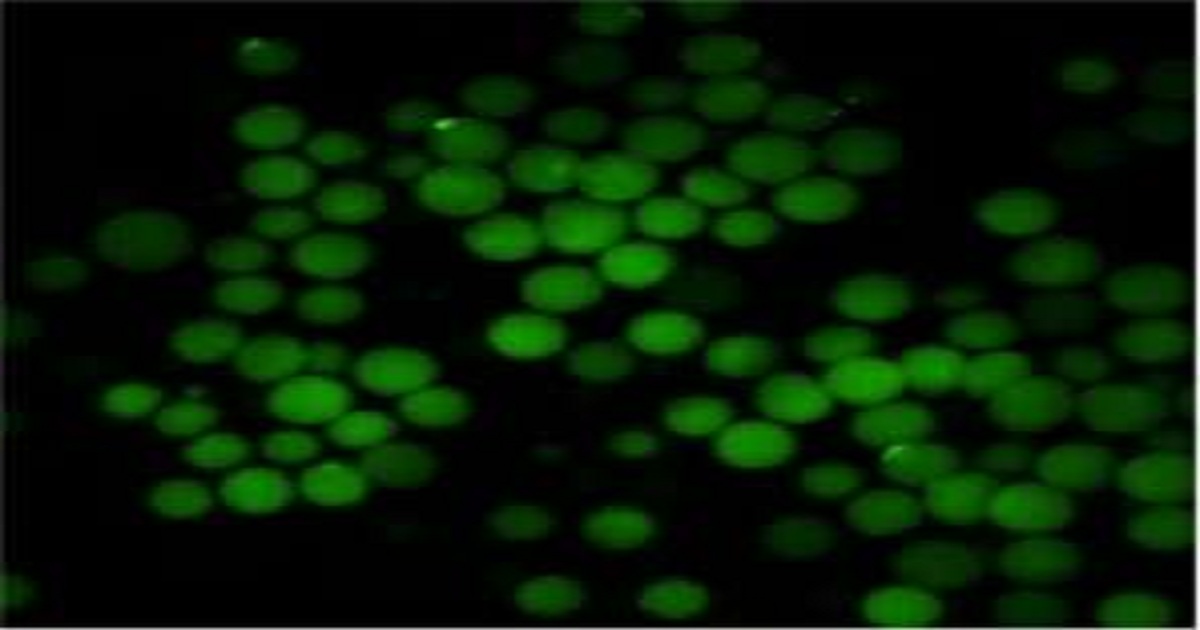Tiny gels sop up intestinal toxins
phys.org | March 20, 2018

Bacterial infections that target the intestine can cause conditions that range from uncomfortable to deadly. While it's easy to blame the bacteria, it's actually the toxins the bacteria produce that trigger inflammation, diarrhea, fever and cramps. Treatment strategies typically include indiscriminate antibiotics that slaughter health-promoting gut bacteria along with disease-causing microbes. Researchers now report the development of a microgel scavenger that targets toxins instead of bacteria. The researchers will present their work today at the 255th National Meeting & Exposition of the American Chemical Society (ACS)."We want to develop a new therapy that is based on scavenging the toxins rather than killing both the good and bad bacteria," says Alexander Kuehne, Ph.D. "This way inflammation can be reduced while supporting the natural intestinal flora and holding the bad bacteria at bay."About three decades ago, Kuehne says, scientists developed a particle that used electronic charge to bind toxins in the intestine. It made it to the clinical testing stage, he says, but had too many non-specific targets for further development. This idea was the basis, though, for Kuehne's team's current project.